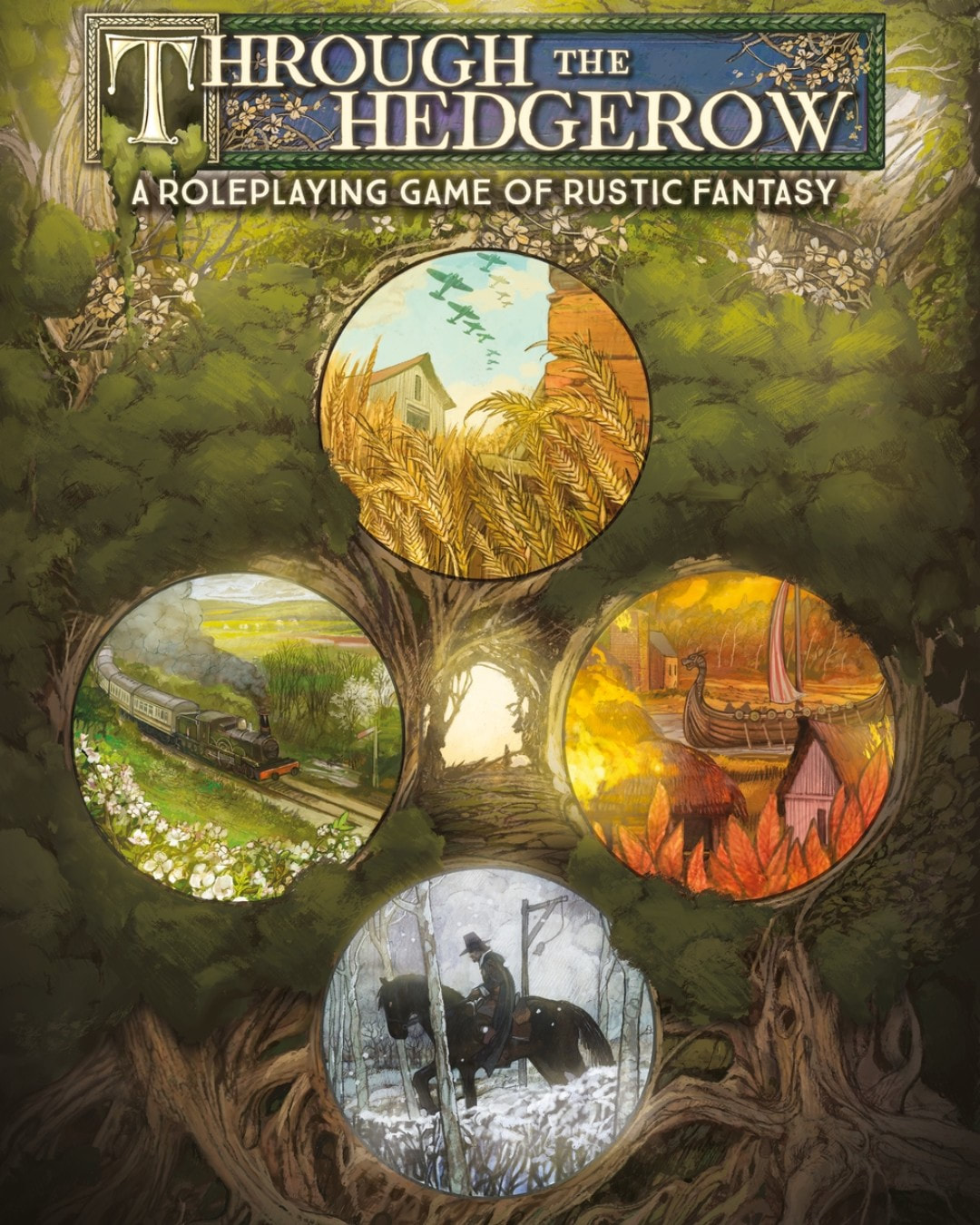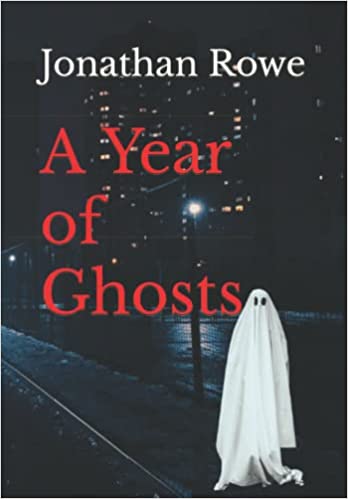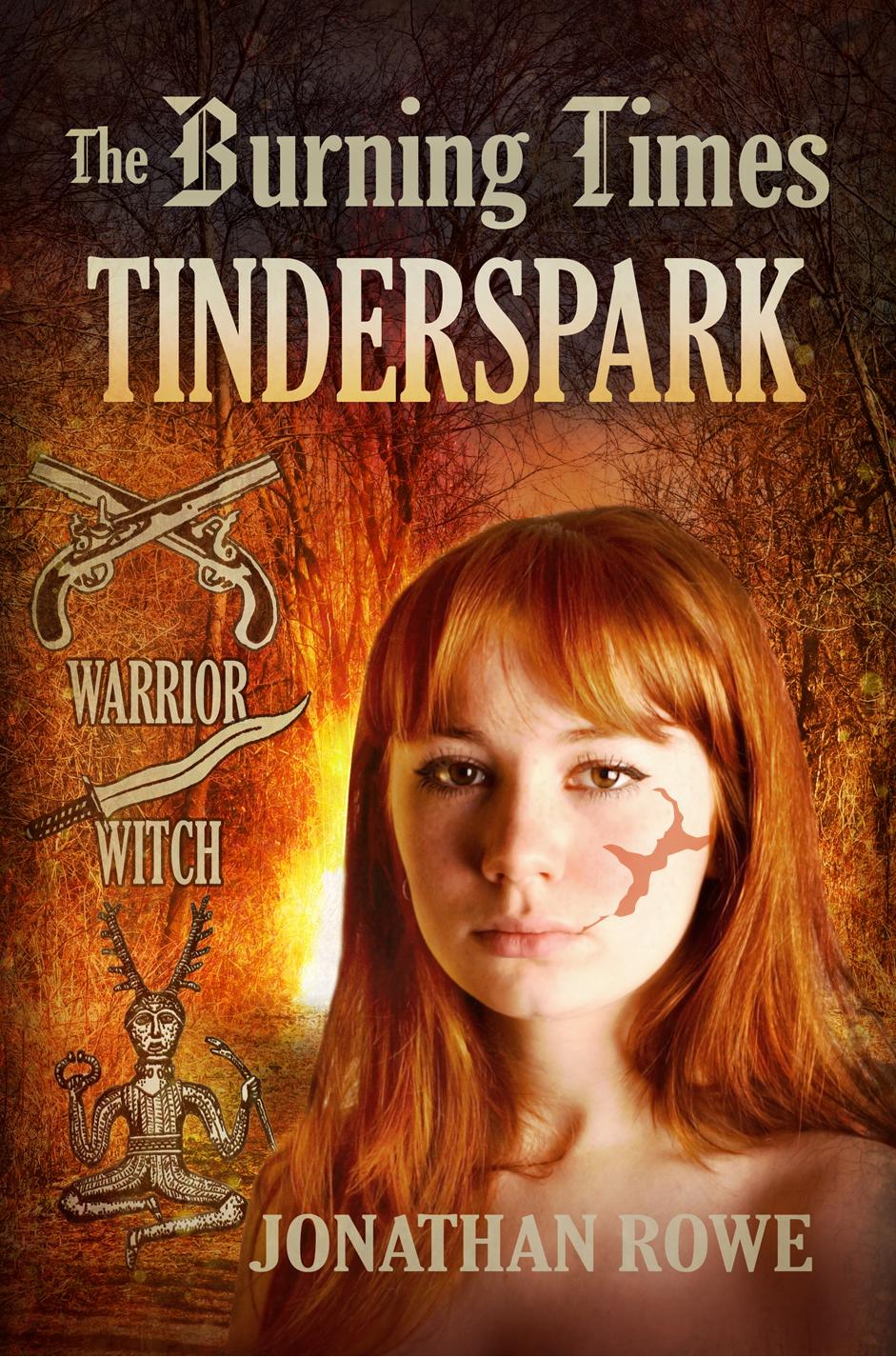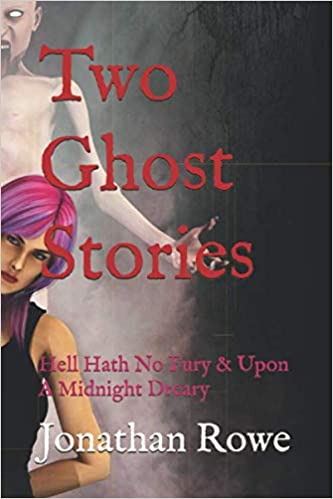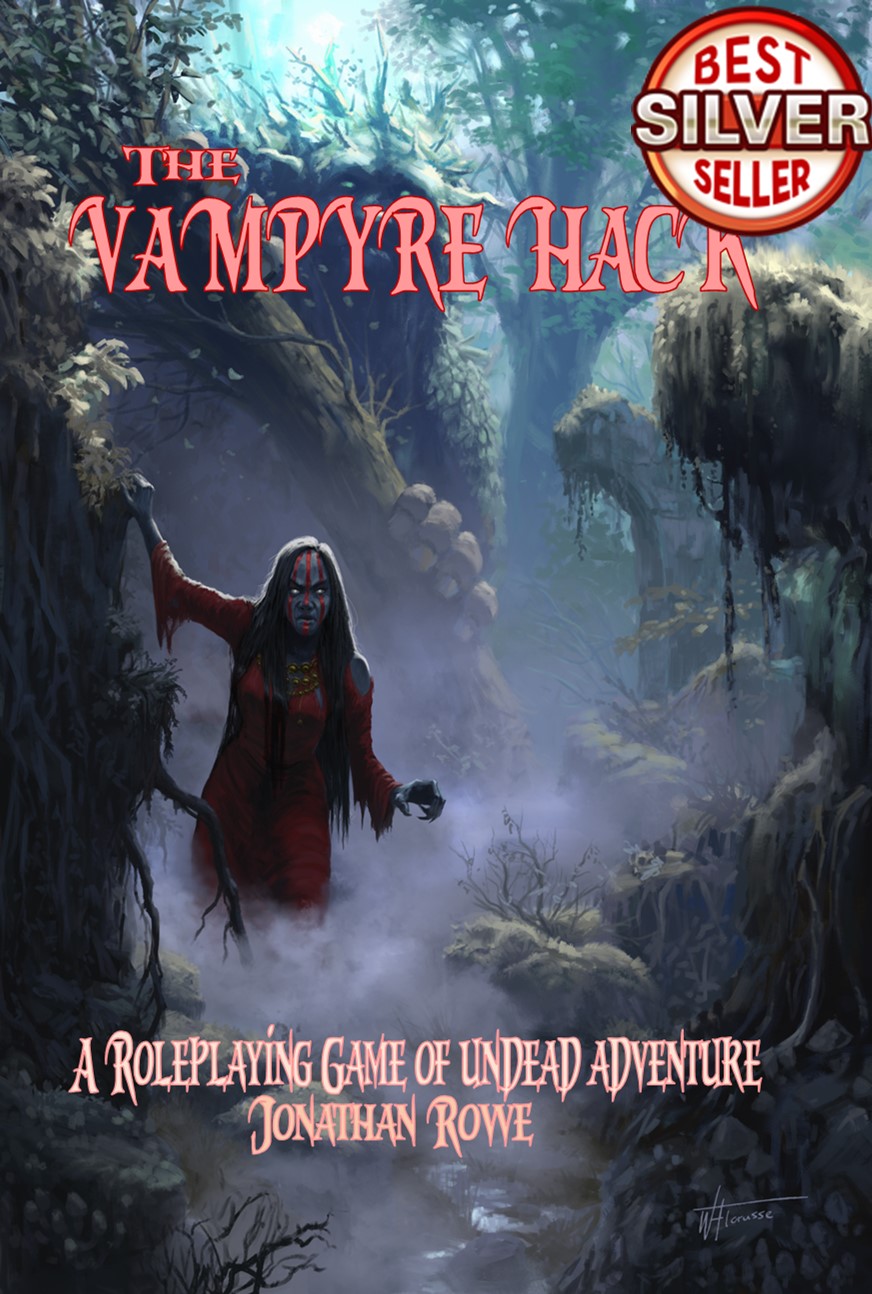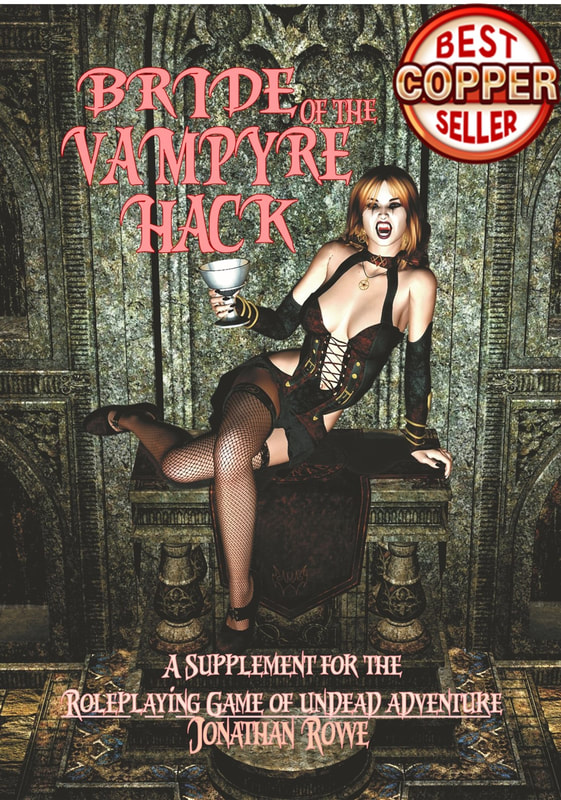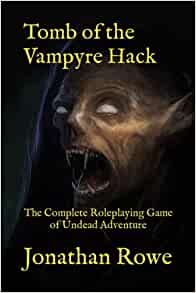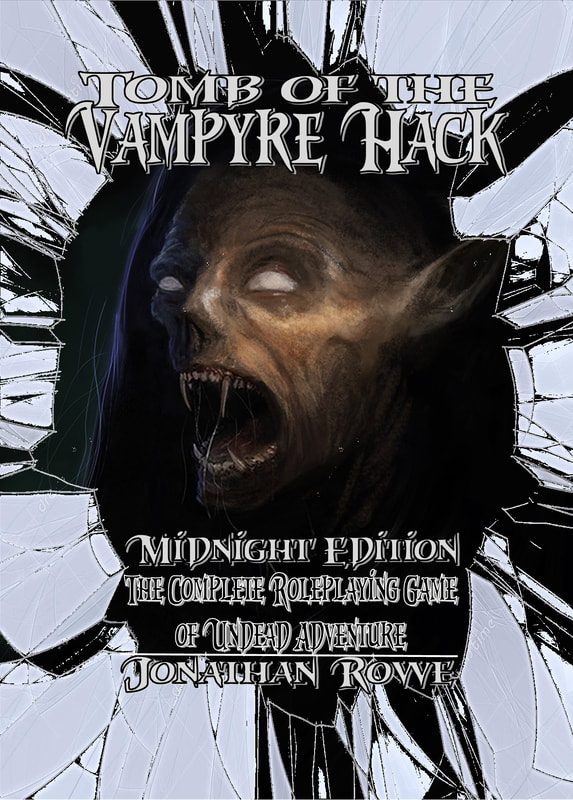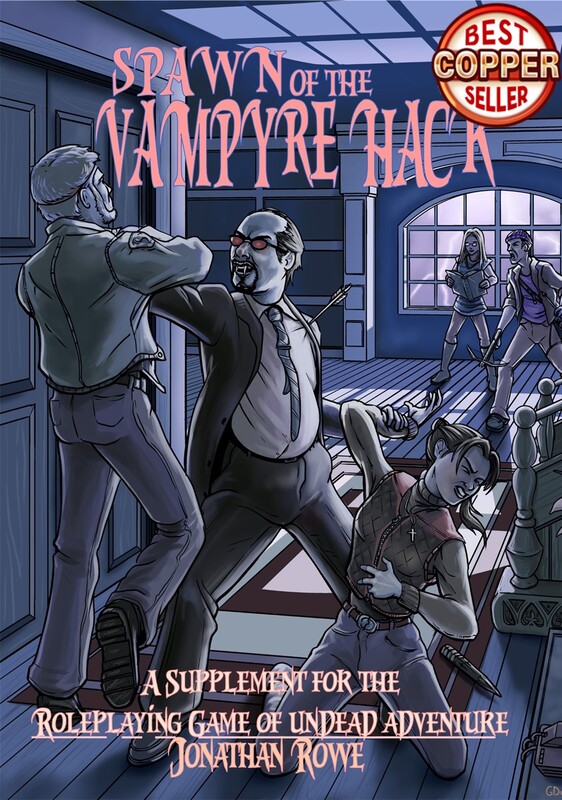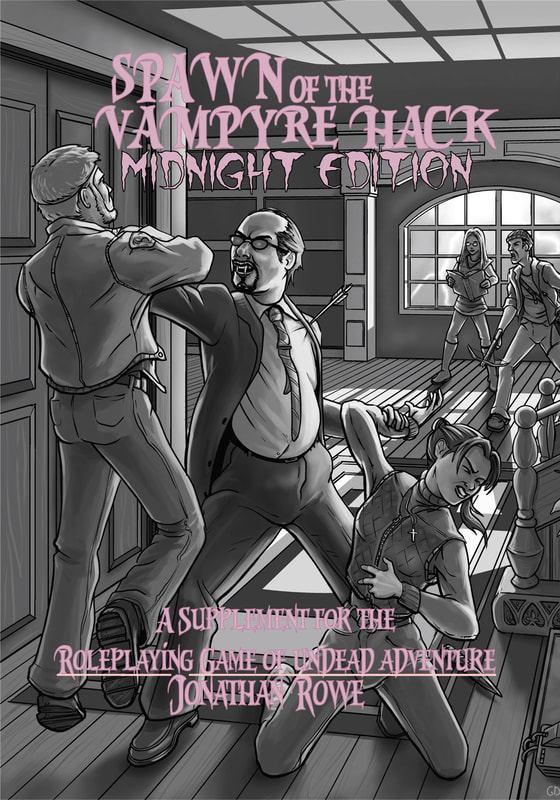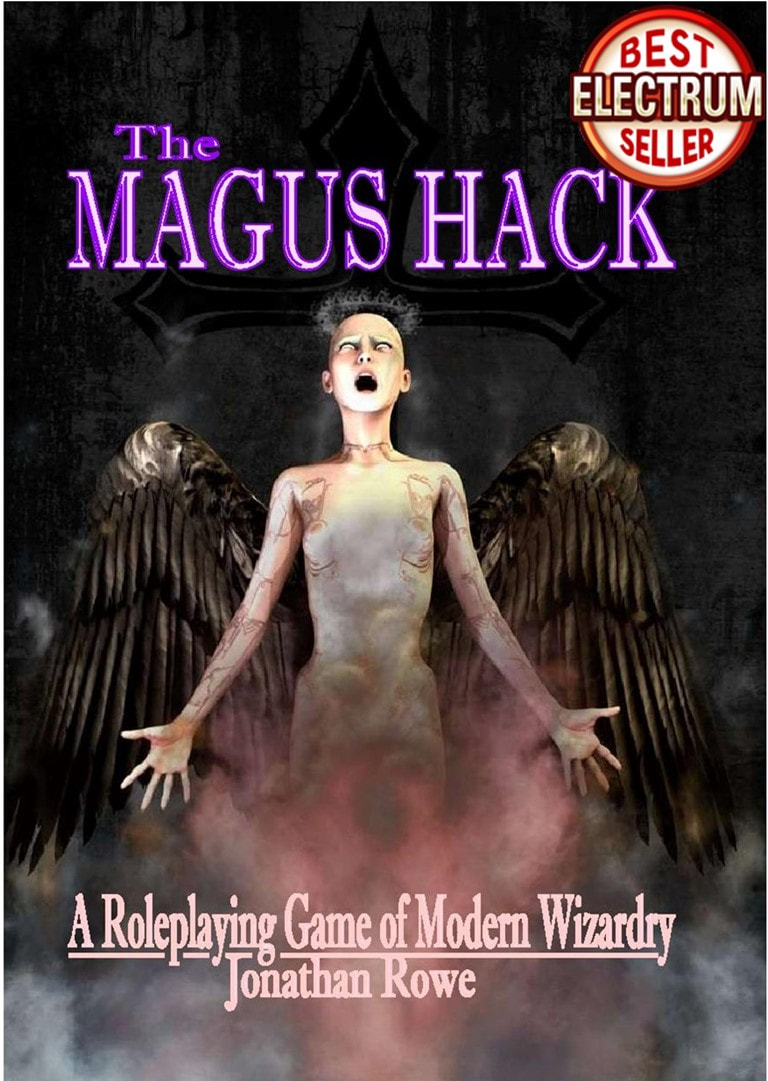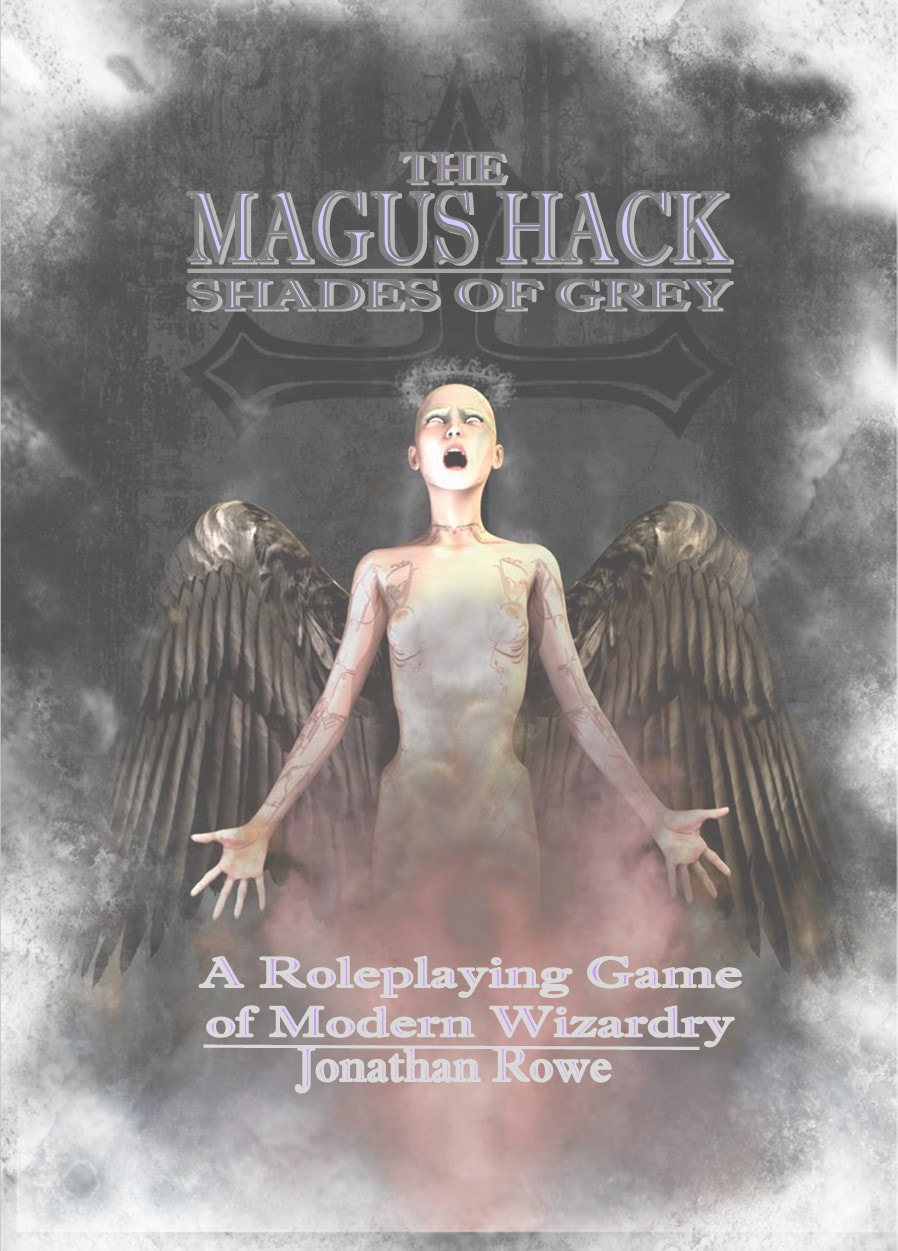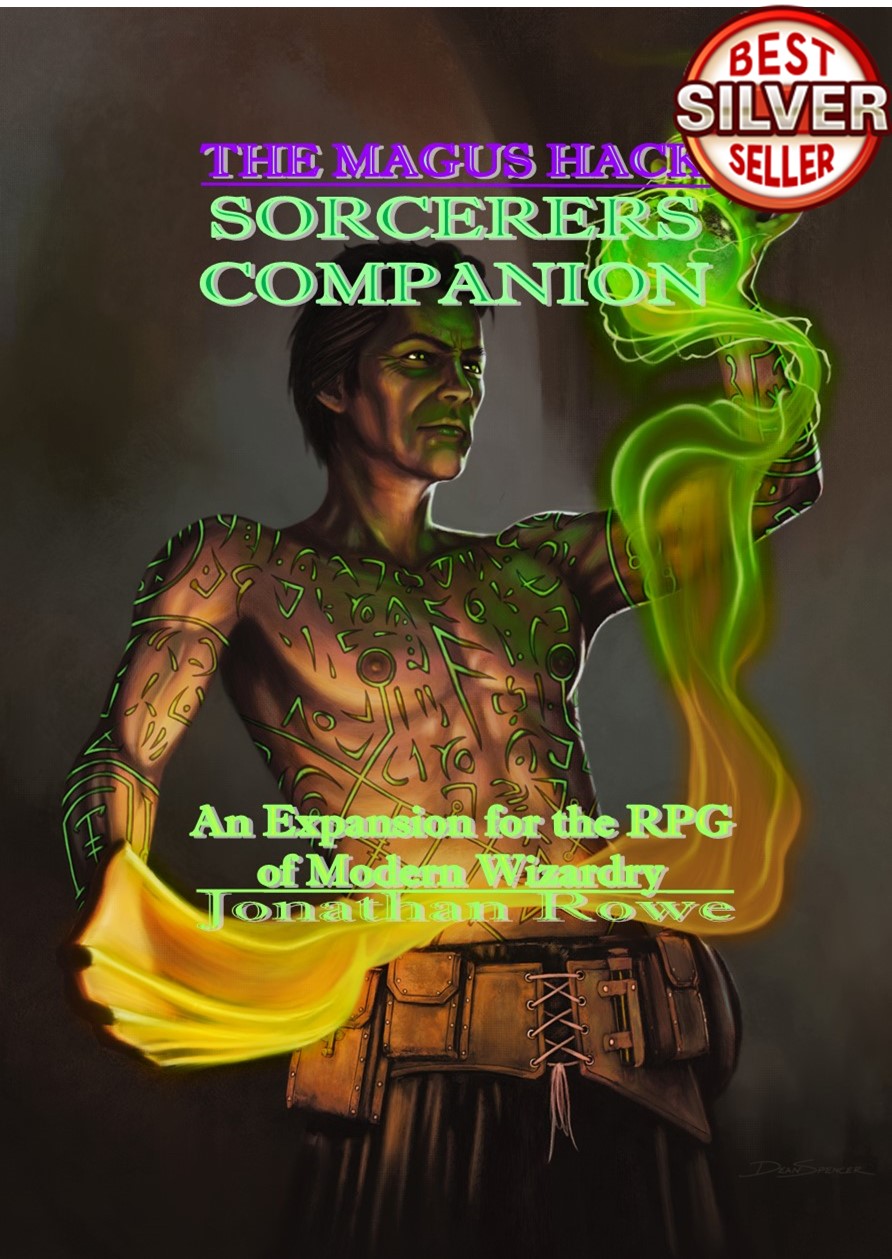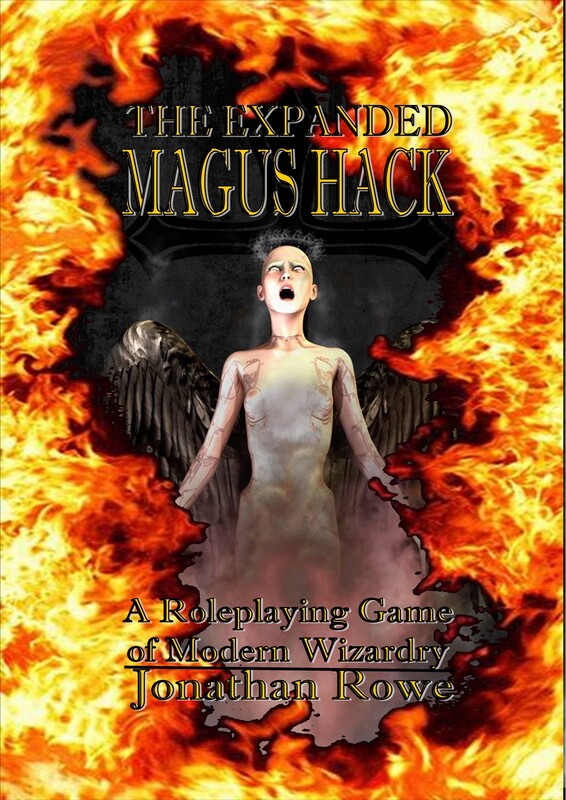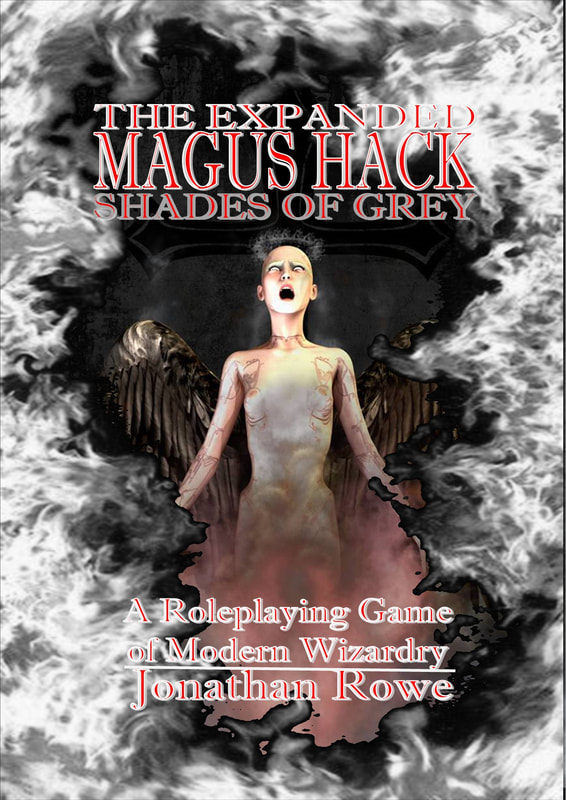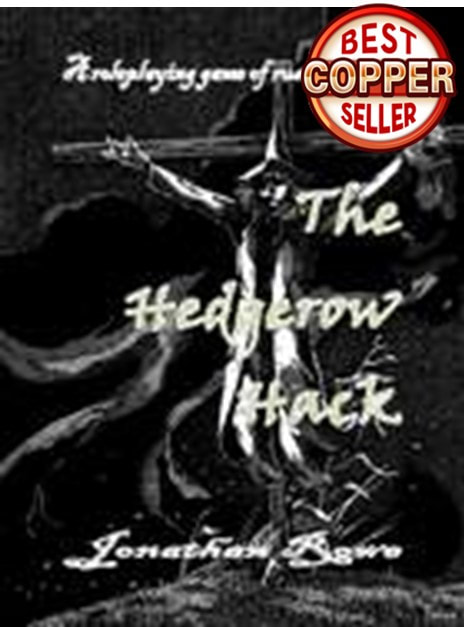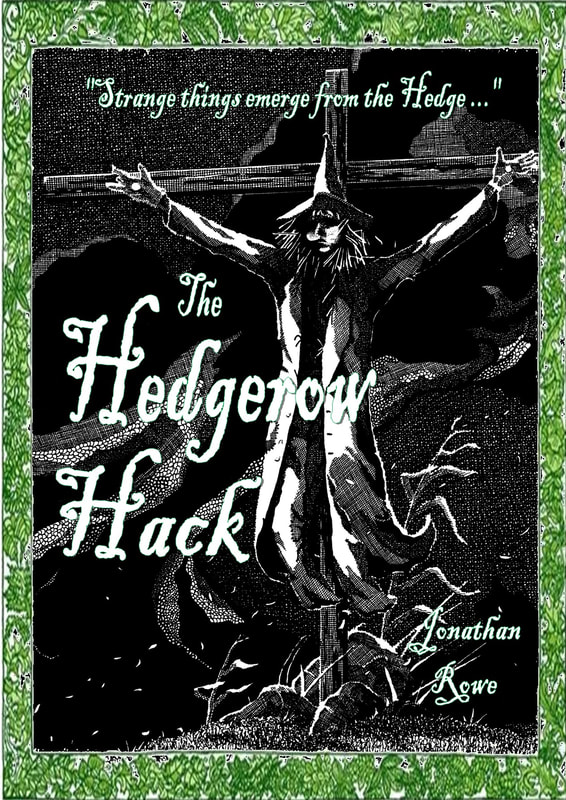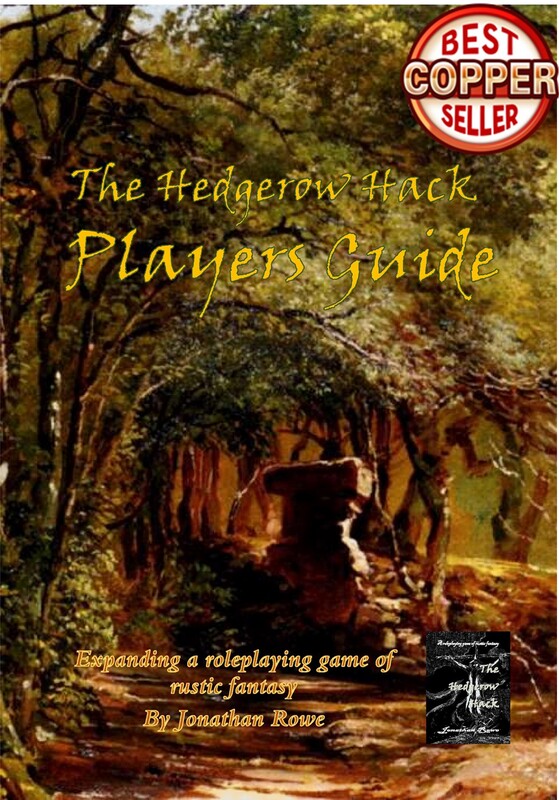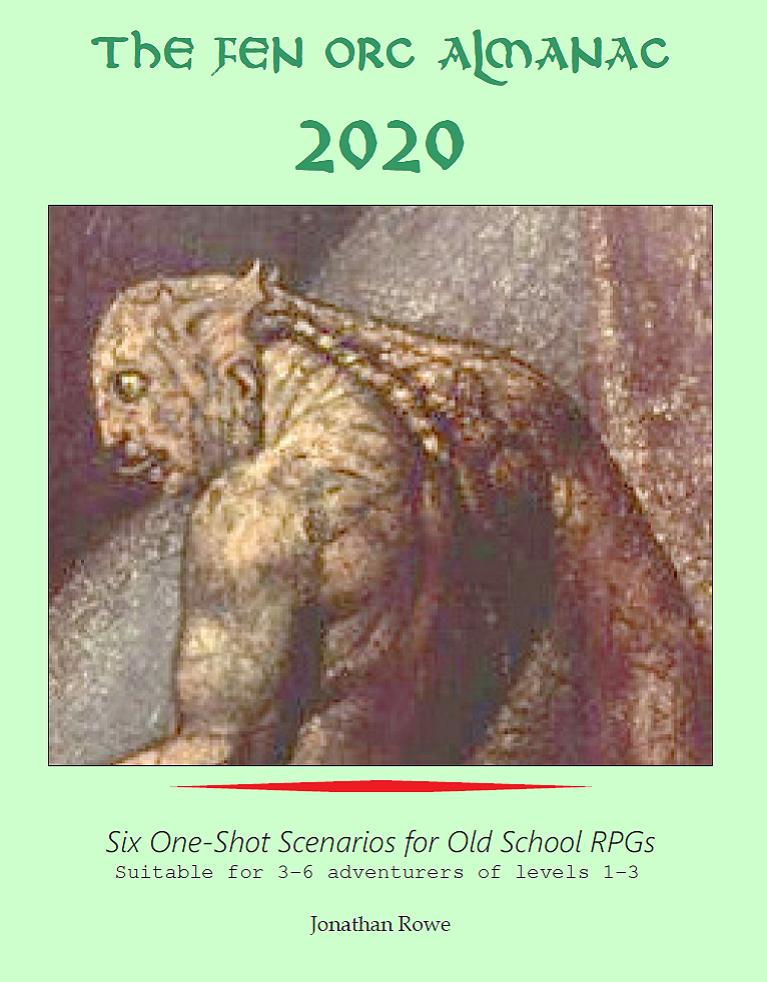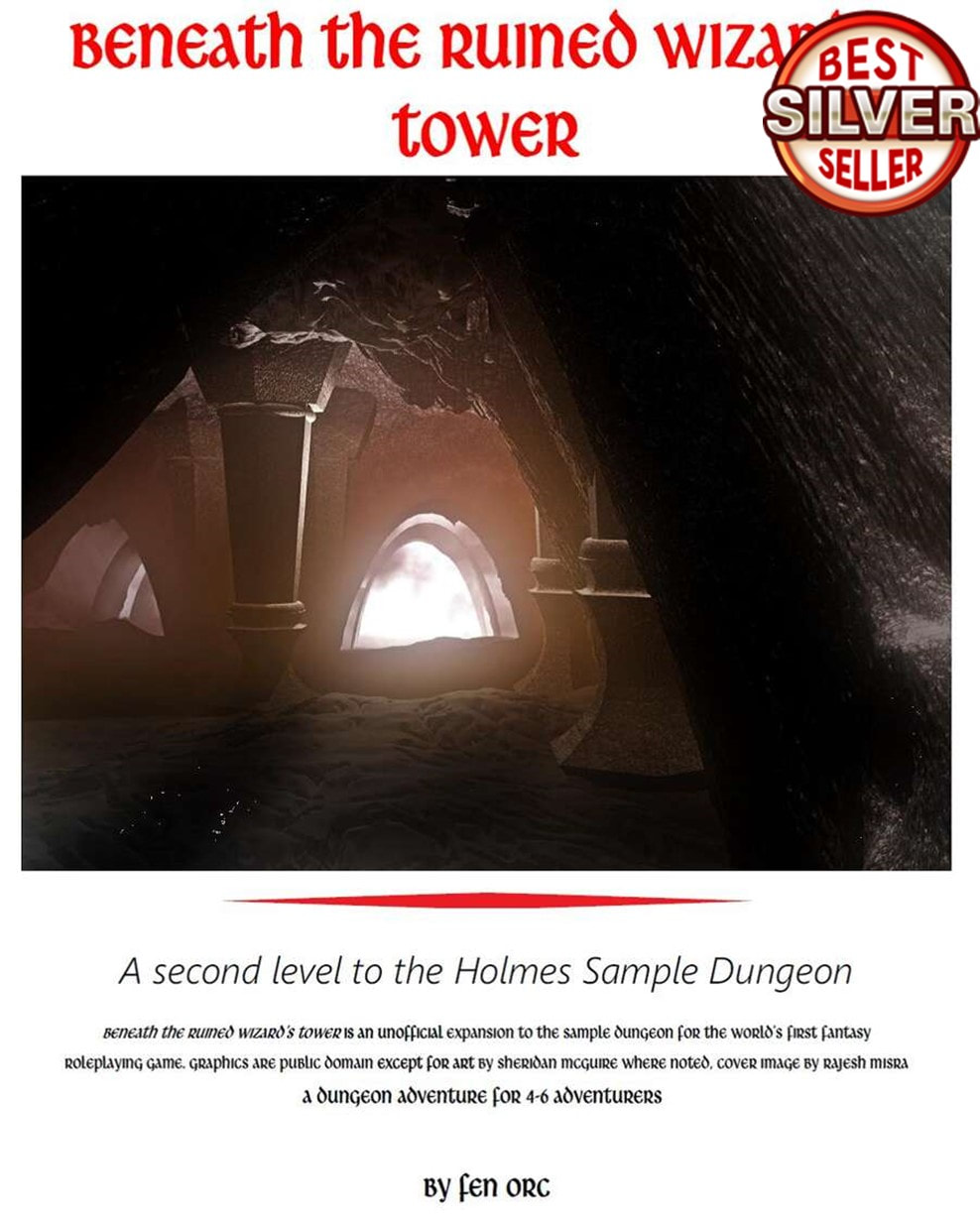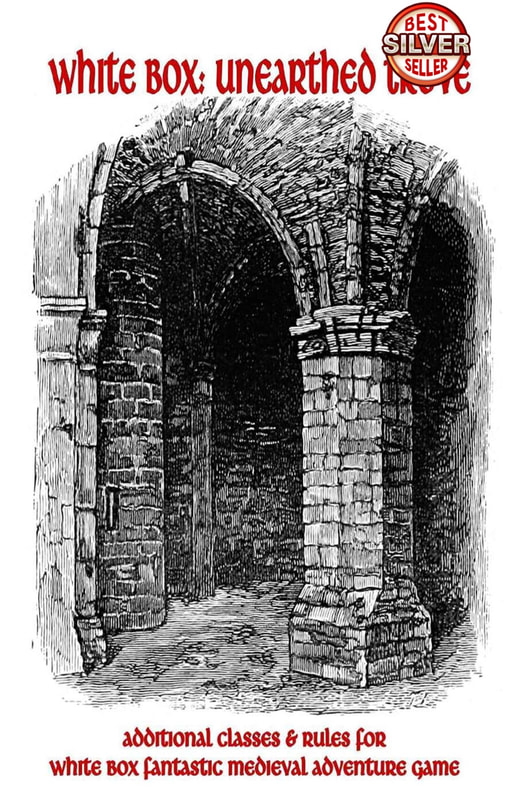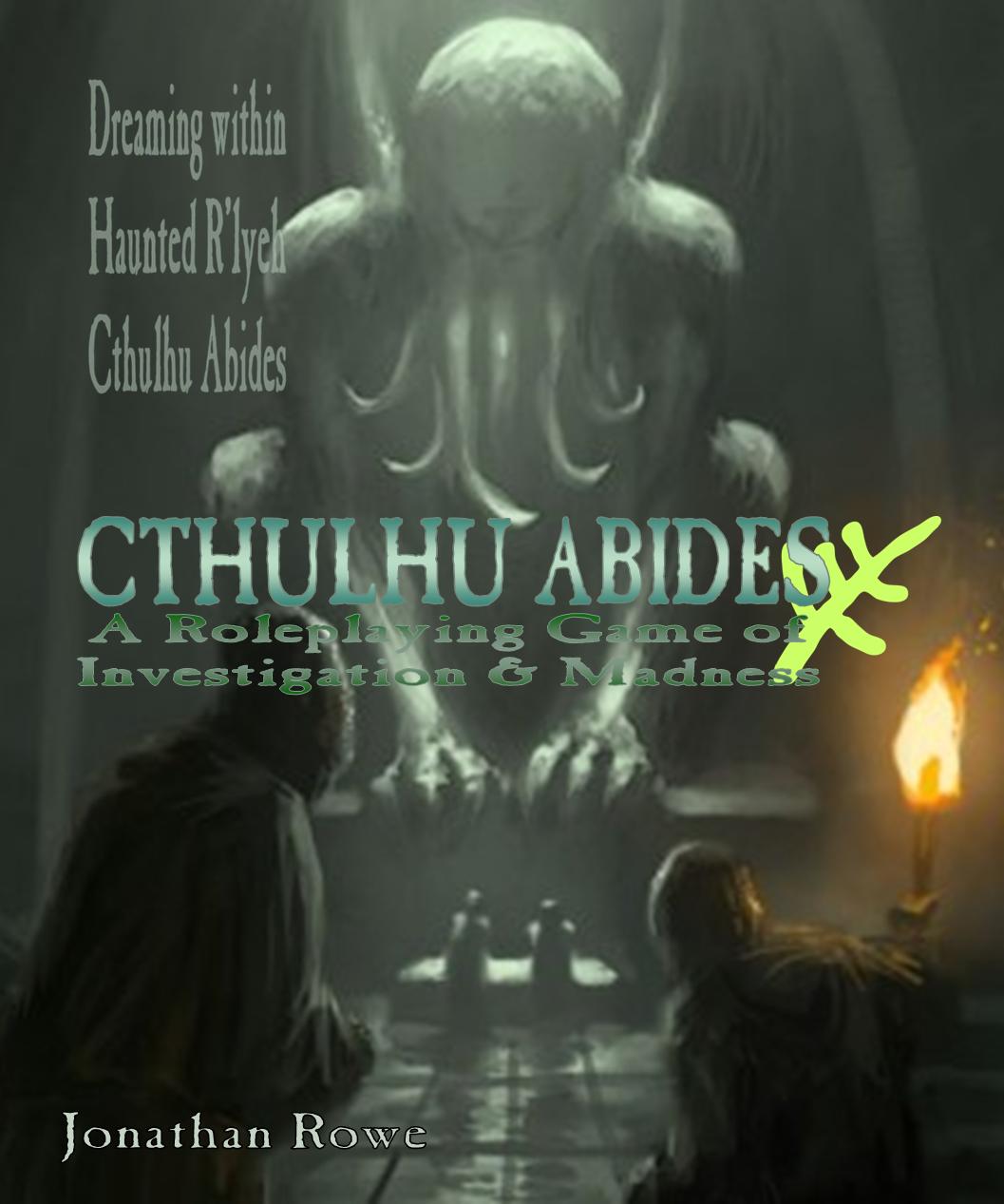|
The last blog outlined a plan to launch into Greg Gillespie's epic Barrowmaze megadungeon, but using the rules for '90s indie RPG Forge: Out of Chaos. Warning: Minor spoilers for Barrowmaze content ahead The Dungeon FodderForge character creation is a bit more involved than D&D, but not too much so. There are six Stats on 2d6 and each has a decimal value as well, rolled on a d10. Anything between 4.5 and 8.9 is in the 'normal, no modifier' range. My players excel at rolling really badly at Stats. Fortunately, skills and races will offset bad rolls slightly.
We wanted to avoid the 'psychotic gorilla' tropes about Ghantu, so Ng-Johnann is a landowner. He lives in a dilapidated mansion near Helix and owns the Stone Circle. In my twist on BM's setting, this site is sacred to Grom, the damned war god and creator of Ghantu and other monsterfolk. Grom's religion has been suppressed by the new Church of Enigwa in Helix and Ng-Johann has fallen on hard times. Adventuring might pay to repair his leaking roof (1000gp). By the way, the Ng-prefix is a Ghantu honorific, like 'Mister' or 'Sir.' I'm interested in whether the Ghantu cognitive deficit will play out like autism (a la Drax the Destroyer) rather than antisocial personality disorder. I want to emphasise the distrust and fear the Ghantu inspires in Helix, but also the respect from people who still venerate Grom or respect the strength he provides.
We decided to play Jher-em as Edwardian English gentlemen, like something from Wind in the Willows or Jeeves and Wooster, but with their distinctive phlegmy wheeze. "What-ho, cousin!" is their usual greeting, as well as "Tip-top, old chap!" and "Tally-ho!" The important NPC Ollis Blackfell has been recast as Jher-em as well as the mage Wiselaumas from Bertrand's Brigands. These conversations make for some merry interplay. I like to imagine that the Jher-em engage in banal pleasantries and conversation about the weather precisely because they are telepathic, so focusing on polite trivia is the best way of keeping other Jher-em out of your head!
I'm playing Kithsara as immensely cultured and rather cerebral creatures, but Tshu'a is in conflict between the civilised behaviours he learned in servitude and the barbaric impulses from his upbringing in the swamp. He also has to keep his magical talents hidden from the Church of Enigwa. It's been a long time since they burned a wizard, but if they start up again with anyone, it'll be someone like Tshu'a. Session One - First Foray to Find a Fallen PrinceThe town crier announces that young Krothos Ironguard hasn't returned yet from a foray into Barrowmaze. Ollis Blackfell wants to downplay the seriousness of the situation since the young prince often takes off with his friends to hunt or debauch. Nevertheless, a reward of 250gp is offered for his quick and safe return. The only other adventuring party in town is Bertrand's Brigands and they're nursing wounds after a run-in with Renata's Robbers at the Old Bridge. Our heroes meet up at the Brazen Strumpet and decide to beat the rush by hiking out to the Barrowmoor first thing in the morning. After a bit of mound-mapping, the heroes find the Great Barrow, but icy mists close around them and out of the murk stumble two undead warriors. Tshu'a strikes down one, but it reassembles itself instantly wherepon the other seizes the panicking Ghantu by the throat. Yes, these are Coffer Corpses, ported across from the old AD&D Fiend Folio. Not only do they throttle and terrify, but they also need magic to kill, so they're just about the worst thing that the daylight wandering monster table could throw out. Tshu'a uses his Ice Bolt spell to free Johann, who abandons his two-handed sword and flees. A second Ice Bolt demolishes the first undead, but the second corpse advances and Tshu'a is out of spell points. Everyone flees into the Great Barrow: Johann falls down the pit and knocks himself out and the other two hide from the prowling undead before descending to help the Ghantu recover with binding kits and healing roots. This was an electrifying start: full of eerie menace, then horror and the threat of Total Party Kill. The heroes are left at the gateway to Barrowmaze without spell power and resources depleted. After this brush with death, the party become super-careful and cautious. They map corridors and get their bearings before trying other doors. They set off a trap, loot some alcoves and hide when more wandering monsters pass by. They venture quite deep into Barrowmaze and find a magic weapon - hallelujah! - and when some Zombies march up they run away - right into the maw of a Mevoshk. A Mevoshk is a Forge monster I substituted for a comparable enemy in the dungeon. Mevoshks are fast and their venom paralyses; you suffocate within ten minutes unless a Brye Leaf is applied to the wound. Odwood is bitten immediately and starts to succumb to the venom. Another TPK looms, but Tshu'a pulls out the Vigoshian Herb he bought in town. It gives a temporary boost of Spell Points, but a permanent drain on your Intellect Stat. Tshu'a uses the SPTS to fuel Ice Bolts and then Johann chops the thing's head off with his big sword. The fight was observed by a band of hideous Mongrelmen who rejoice in the Mevoshk's death. Though paralysed, Odwood communicates telepathically with them. They want to retrieve their jewels from the monster's hoard, but offer Brye Leafs to save Odwood's life and they hand over some nice (but not the best) gems in gratitude for slaying the monster before they scuttle off. Did I fudge this? Well, yes and no. There was a successful wandering monster check from the noise of the fight, but I selected Mongrelmen as the encounter. The idea that the Mevoshk had been preying on them had been foreshadowed by tracks the players had been puzzling over. The exchange of a Brye Leaf for a small fortune in jewels seems like a good deal for the NPCs. No jury of my peers would convict me! The players decide to beat a retreat, but the Zombies are still blocking the way out. Tshu'a decides to burn those remaining SPTS on his Big Second Level Spell: Spark Shower. And boy, does that make a difference or what! The Zombies frazzle and the players escape ... but alas, no sign of Krothos Ironguard. Evaluating BarrowmazeEveryone was thrilled with this old school dungeon crawl and his keen to return! The Barrowmaze itself is intensely atmospheric: silent, dripping, cold, eerie. There's a tempo to things, with very frequent wandering monster checks and extra ones occasioned by any sort of noise. The players are pondering how opening doors can be made, if not quieter, then at least quicker. The dread of making noise grew as the evening advanced. So did the dread of staying too long in Barrowmaze and being caught on the Moors after sunset. After all, if you can meet Coffer Corpses in broad daylight, what abominations will you run into by night?!? Helix will take longer to make an impression, but some features established themselves as distinctive: the town crier, the expectation that adventuring parties will descend on the village as the Spring arrives, Ollis Blackfell as a sinister vizier, Bertrand's Brigands as (friendly, for now) rivals. The Forge setting manifested itself as the Church of Enigwa spying on people for signs of magic use. Evaluating ForgeThe players were delighted with the energy Forge brought to the tired tropes of dungeoncrawling. Forge has an action economy rather different from D&D/Labyrinth Lord. PCs are tougher, more resilient and more capable that 1st level D&D characters. There are resources to track and decisions to make about their use: do you apply binding kits to wounds? when is a good time to stop and repair armour? should you push your luck by using enhancing herbs? should you conserve your SPTS or burn them in a dramatic burst of eldritch power? In terms of character development, Forge doesn't have XP. Your main advancement is through getting money to improve armour and equipment, better herbs, more binding kits; mages need spell components or back-ups in case they risk 'pumping' their spells and it goes a bit wrong. Nonetheless, we realised that skill advancement is going to be painfully slow at this rate. This led to ongoing house rule tweaks. There's nothing wrong with Forge's slow advancement, but the characters do need to keep pace with D&D characters if they are not to be overwhelmed deeper into the dungeon. Essentially, beginning Forge characters function like 2nd level D&D characters in terms of resilience and combat odds - but they gain much less as they advance and advancement is slow. A Forge PC with Magic at level 2 is maybe equivalent to a 3rd or 4th level MU in D&D. A warrior with Long Sword 3 hasn't significantly advanced from their starting build, whereas in D&D a 3rd level Fighter is markedly better. What's interesting about this for me is that, where Forge gets noticed at all, reviewers like to condemn it as a D&D pastiche that brings nothing new to the dungeoncrawling experience (for example, here on BGG). Our experience so far is that this isn't true. Forge's little innovations add up to a gaming experience that feels very different from D&D. We'll iron out the creases as we go. But for now, we're delighted with the drama, mysteries and sense of dank, chill menace that Barrowmaze exudes and Forge is measuring up very well as an alternative rules set to old school D&D.
0 Comments
Leave a Reply. |
30 Minute Dungeons
Essays on Forge
FORGE Reviews
OSR REVIEWS
White Box
THROUGH THE Hedgerow
Fen Orc
I'm a teacher and a writer and I love board games and RPGs. I got into D&D back in the '70s with Eric Holmes' 'Blue Book' set and I've started writing my own OSR-inspired games - as well as fantasy and supernatural fiction.. Archives
July 2024
Categories
All
|

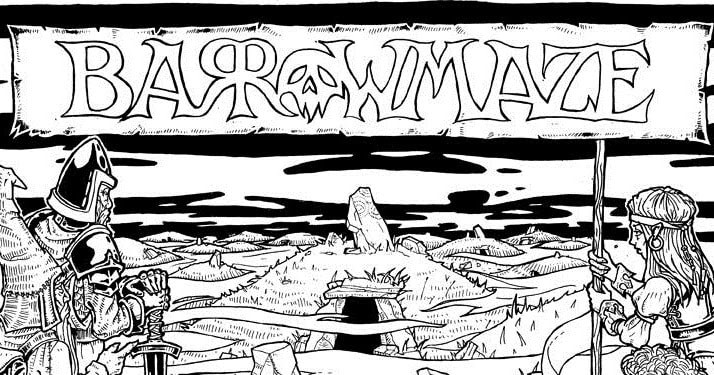
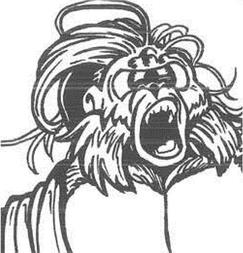

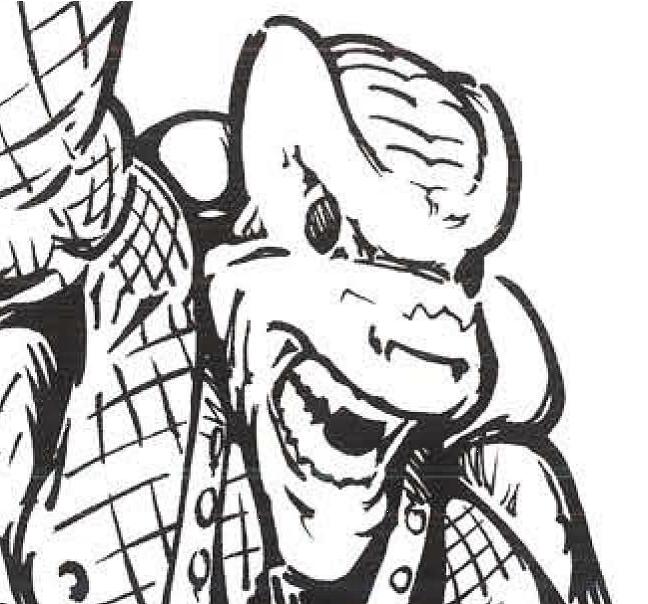

 RSS Feed
RSS Feed
